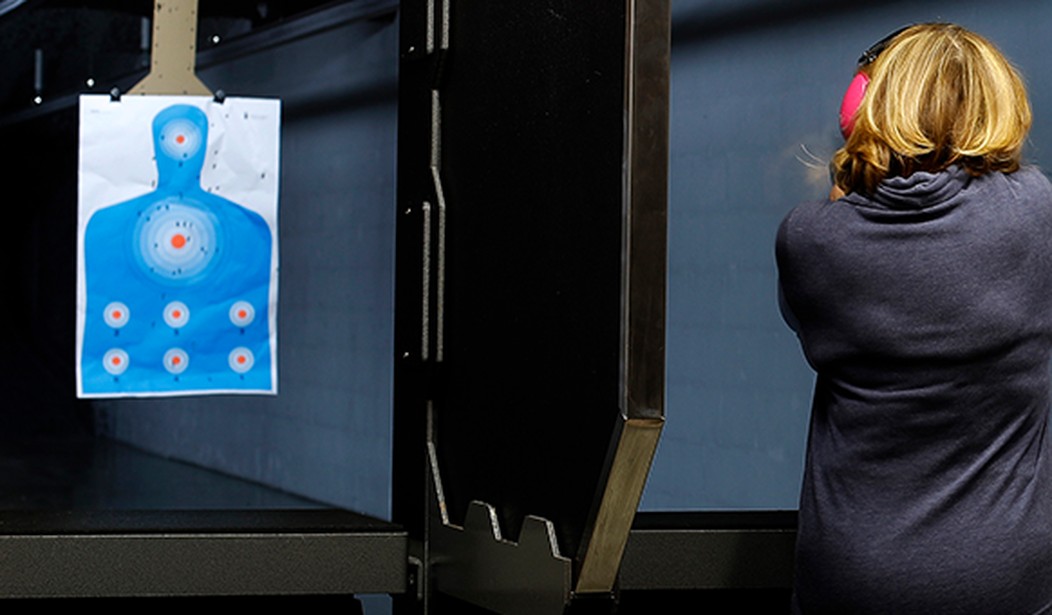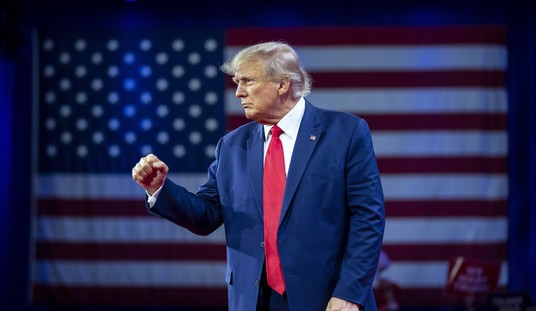This is not the first nor going to be the last bit of coverage at Bearing Arms on the NYSRPA v. Bruen case. Certainly this is not the end of trying to continue to set the record straight on the gross amount of misinformation that is circulating about the Second Amendment. A recent USA Today piece tried mightily to forecast what “questions” will be answered and what evidence will be front and center in the arguments presented on both sides of the aisles. The display put on by the Gannett owned, uber progressive paper, is more smoke and mirror gobbledygook to try to put out a narrative that the anti-freedom caucus wants.
When the Supreme Court hears oral arguments Wednesday in a closely watched guns case, the discussion won’t start with the last landmark ruling on firearms from 2010, or even with the ratification of the Second Amendment in 1791.
Instead, attorneys on both sides will likely reach back to a 700-year-old English law – and a debate over the influence it had on the framing of the Constitution.
The writer is referring to the Statute of Northampton of 1328. This piece of law dating back to a period just following the dark ages, can yes, be looked at for some historical context. However, I think the most genuine context we should divert our attention towards is the American Revolution. The statute was implemented during the time King Edward III was at the throne. Everyone paying attention? King Edward III. Perhaps a little more in your face…KING. There was a king in power. A king of England.
There are so many more subtle and not so subtle elements in this piece that it’s difficult to not go off completely half-cocked. We can return to the king later. USA Today did do a good job injecting quotes from “experts” and should be saluted in this historical tryst.
“The reason why we’re digging around in the reign of King Edward III is because the court has said you know the scope of the right by reference to the history that surrounds it,” said Darrell Miller, co-director of the Center for Firearms Law at Duke University. “That is turning every constitutional scholar into an antiquarian.”
The scholars should be digging around in all bits and pieces of history on the subject of arms and the Second Amendment. At the end of the day, and this article, we’re all going to be presented with a reality we’re all quite aware of. It’s actually rather funny that we still need to even have this debate.
One of the claims made was that “The Supreme Court hasn’t weighed in on the Second Amendment in more than a decade.” This is patently false. This has been said by so many that should know better, it certainly should make one call into question the validity of what else is being said. That goes for both sets of friends on either side of the aisle. Caetano v. Massachusetts may not have rendered a full “opinion” on the matter of electronic arms, though the court did make it clear that electronic arms are protected by the Second Amendment, and had the case remanded back to the lower court with strict instructions. There was an “opinion” with an “order” attached to it in the remanding.
People also tend to forget about the NYSRPA I case, dealing with transport of firearms outside of the home. Sure, the case was mooted and no actual “weighing” in on occurred, but the justices were ready to deliver an opinion had New York State not conducted some fancy footwork in crushing NYSRPA’s hard work. That case was also meaningful and some dissents were put out “weighing” in a bit on the topic.
That’s two. Two Second Amendment related cases the High Court did express interest in which did have effect.
When talking specifically about the case at hand, pay close attention to the subtle language:
Robert Nash and Brandon Koch, both of whom live outside Albany, New York, applied for concealed-carry handgun licenses. While they were granted licenses, their privileges were limited to carrying guns for backcountry activities, such as hunting. Koch was also allowed to carry a gun to and from work, according to court documents.
The emphasis here is that the Gannett owned paper is referring to our right to a privilege. Yes, New York treats the right as a privilege, but that does not change the fact that it’s a right. They further quote New York’s arguments as if these shall hold water:
“Over the last seven hundred years, Anglo-American governments have regularly restricted where and when concealable weapons may be carried in public,” New York told the court in September. “From the Middle Ages onward, laws on both sides of the Atlantic broadly restricted the public carrying of firearms and other deadly weapons.”
Over the last 700 hundred years? Am I missing something in New York or American history that makes this pertinent?
The history, text, and forgotten tradition, mentioned in the article, are important. The biggest part of the the history that many of the progressives seem to forget is that which was mentioned earlier, the American Revolution.
Imaging if you will…a war being fought against a tyrannical government, a king! And that king imposed and enforced laws that the normal every day citizens found to be unjust. There was an uprising and the people defeated the king by use of force, mainly through the force of firearms. What part about that revolution makes anyone believe that we’re to use another law made by a king to prove anything?
The United States of America and their relationship with jolly ole England ended after the Revolution. At least as far as us bending the knee to the crown. We’re not like Australia or Canada, where we still have a king or queen. We are completely severed from the monarch.
Given that bloody history, what makes the people over at USA Today think the founders would be okay with the people not having arms? As if they’re not aware of the text of the Second Amendment. To refresh everyone’s memories, you can tune into an episode of Cam and Co and hear it recited every day at the start of the show, or here it is for your reading pleasure:
A well regulated Militia, being necessary to the security of a free State, the right of the people to keep and bear Arms, shall not be infringed.
Look at those so difficult to understand 27 words. If people are hung up on what “bear” means, let’s roll the clock way back and look up a term called “water bearer“.
the Water Bearer, a constellation between Pisces and Capricorn.
…
Water Bearer – (astrology) a person who is born while the sun is in Aquarius
…
2. Water Bearer – the eleventh sign of the zodiacWater Bearer – the eleventh sign of the zodiac; the sun is in this sign from about January 20 to February 18
What’s the relevance to that? The relevance is that this “water bearer”, someone born under the sign of Aquarius, was denoted as such in BC times. And what about bearing?
The Greeks linked this constellation with Ganymede, the cup bearer to the gods. According to lore, Ganymede was a good-looking young man who was the object of Zeus’ affection and was brought to Mount Olympus, where he served as cup bearer to the gods and was granted eternal youth.
Anyone that wants to conflate that “to bear” means anything other than to carry or hold on one’s person is grossly mistaken. In this case carry up to the gods.
That’s a big digression away, but shows you how easily we can travel into the weeds if we want to, and that’s exactly what the anti-freedom caucus has done and continues to do. Just compound the subject with a bunch of garbage. Pay close attention. They’re trying to change the narrative.
The simplicity of the Second Amendment is such that every person, educated or not, should be able to understand it. It was written that way for a reason. It affirmatively spells out exactly what the government shall not do and exactly who the right belongs to. To say that the right does not belong to “the people”, meaning all the citizens of the Union, and that “bear” means something besides to be able to carry, would be saccharine, deceitful, or ignorant.
Pulling a quote from the anti-freedom group Everytown noted within, we’ll leave off with:
“History makes very clear that the states’ ability to regulate outside the home is both well recognized and broad in scope,” said Eric Tirschwell, executive director of Everytown Law, which filed a brief supporting New York’s proper cause requirement. “If the justices who believe in originalism apply that methodology here we think it’s an easy case.
“New York’s law is supported by centuries of history.”
Tirschwell is correct about his assumption on originalisim, that this is an easy case. But not for the reason’s he’s supporting. Not by a long shot, and not with the outcome he’s looking for. But I could be wrong.








Join the conversation as a VIP Member